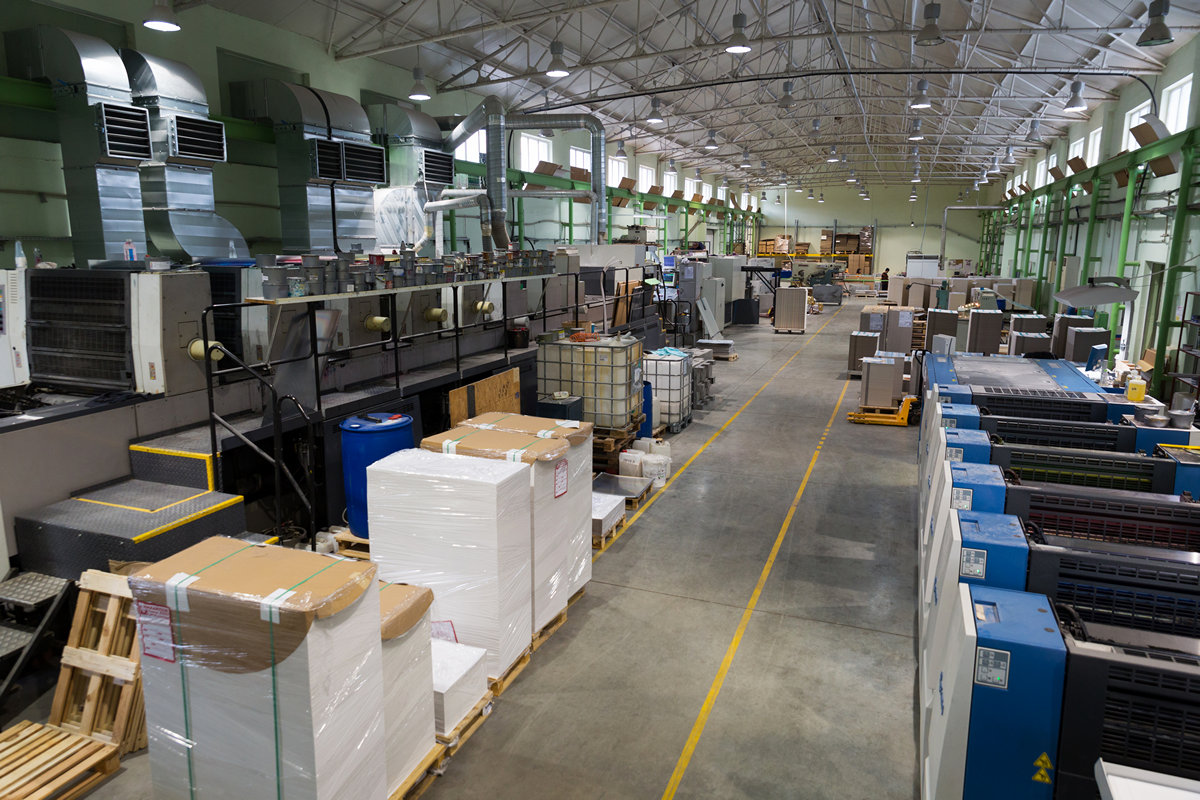In today’s competitive market, the role of labels in consumer trust has become increasingly significant. Labels are not just a means to provide information; they are a crucial component in establishing and maintaining consumer trust. Understanding this dynamic is essential for businesses aiming to build lasting relationships with their customers.

Importance of Labels in Modern Marketing
Labels serve as the first point of contact between a product and its potential buyer. They convey vital information about the product, including its ingredients, usage instructions, and expiration date. Moreover, labels play a pivotal role in shaping the perception of a brand.
Building Trust Through Transparency
Transparency is a key factor in consumer trust. When labels are clear and concise, they help consumers make informed decisions. This transparency fosters trust and encourages repeat purchases.
The Design Element of Labels
Labels are not solely about information; their design is equally important. A well-designed label can attract attention and convey a sense of quality and professionalism. This can significantly impact a consumer’s perception of a brand.
Labels as a Tool for Brand Differentiation
In a crowded marketplace, labels act as a tool for differentiation. They can highlight unique selling points and communicate the brand’s values.
Labels and Brand Identity
Labels are an extension of a brand’s identity. Consistent labeling across products reinforces brand recognition and strengthens the brand’s image in the consumer’s mind.
Communicating Quality and Safety
Labels can communicate quality and safety standards, which are critical in industries like food and pharmaceuticals. Displaying certifications and compliance with regulations can enhance trust.
Consumer Perception and Labels
Consumer perception is heavily influenced by labels. A label that accurately reflects the product’s quality can lead to positive reviews and word-of-mouth promotion.
The Impact of Misinformation
Misinformation on labels can have a detrimental effect on consumer trust. It is crucial for businesses to ensure accuracy to maintain credibility.
Regulatory Compliance
Compliance with labeling regulations is essential. It not only avoids legal issues but also assures consumers of the product’s legitimacy.
Technological Innovations in Labeling
Technological advancements have revolutionized labeling. Smart labels and QR codes provide additional information, enhancing the consumer experience.
Anti-Counterfeit Measures
Labels have also become a critical tool in combating counterfeit products. Specialized printing techniques and secure designs help protect brands and consumers. For more on anti-counterfeit printing, visit anti-counterfeit printing.
Interactive Labels
Interactive labels, which engage consumers through mobile apps, are becoming increasingly popular. They provide a dynamic way to connect with consumers and offer valuable insights.
The Future of Labels in Consumer Trust
The future of labels lies in their ability to adapt and evolve with consumer expectations. As consumers demand more transparency, labels will continue to play a pivotal role in building trust.
Environmental Considerations
As sustainability becomes a priority, eco-friendly labels are gaining traction. These labels appeal to environmentally conscious consumers and enhance brand reputation.
Personalization and Customization
Personalized labels that cater to individual preferences can enhance consumer engagement and foster loyalty. This trend is set to grow as technology advances.
Conclusion
The role of labels in consumer trust is multifaceted and ever-changing. Labels not only provide essential information but also serve as a powerful tool for branding and differentiation. By prioritizing transparency, compliance, and innovation, businesses can leverage labels to build and maintain consumer trust.

FAQs
Why are labels important in consumer trust?
Labels provide vital information and transparency, which are essential for building consumer trust.
How do labels help in brand differentiation?
Labels highlight unique selling points and communicate brand values, aiding in differentiation.
What is the future of labeling?
The future of labeling lies in personalization, technological integration, and sustainability.
For further reading, explore anti-counterfeiting technologies to understand more about protecting brands.
This article contains affiliate links. We may earn a commission at no extra cost to you.






